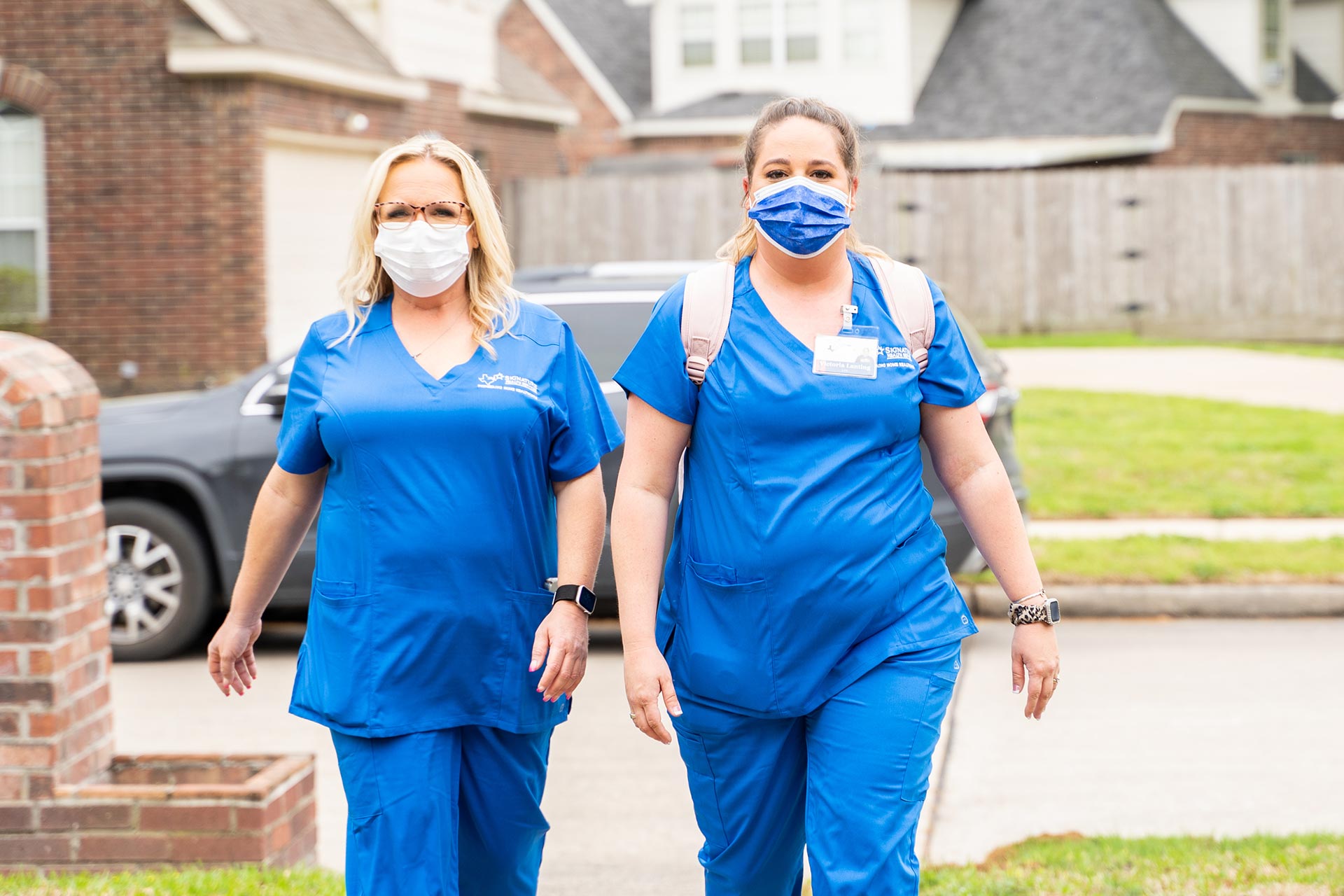September is a noteworthy time for men’s health. It is Prostate Awareness Month, an event dedicated to raising awareness about prostate health, early detection, and the importance of proactive healthcare. For instance, prostate cancer is men’s second most common cancer, and acknowledging that is crucial for prevention, early diagnosis, and effective treatment.
Understanding Prostate Cancer
Prostate cancer means that abnormal cells grow in the prostate gland, a small organ the size of a walnut below the bladder and in front of the rectum. The prostate produces the seminal fluid needed to nourish and transport sperm. While prostate cancer can grow slowly and may not cause significant harm in some men, it can be aggressive and spread quickly in others.
Symptoms for Prostate Cancer
Early stages of prostate cancer often present few or no symptoms, making regular screenings crucial. When symptoms do appear, they may include:
These symptoms can be linked to other prostate conditions, so it is essential to see a healthcare professional for an accurate diagnosis.
Risk Factors
Many factors can sum up to the risk of developing prostate cancer, such as:
While some risk factors like age and genetics cannot be controlled, maintaining a healthy lifestyle might reduce them.
Treatments for Prostate Cancer
Treatment alternatives will vary based on the stage and aggressiveness of the cancer, as well as the patient’s overall health condition. Common treatments include:
Outcomes for prostate cancer are different for each patient. Many men diagnosed with prostate cancer will survive it, particularly when caught early. However, aggressive forms of the disease can be life-threatening.
Other Prostate Conditions
Besides prostate cancer, there are other conditions affecting prostate health:
While BPH and prostatitis are not cancerous, they can significantly impact the patient’s quality of life and require proactive medical attention.
The Importance of Prostate Health Awareness
Prostate health awareness is not just about cancer; it is about encouraging men to take charge of their prostate health in general. Men often avoid discussing prostate issues due to embarrassment or a lack of understanding, leading to late diagnoses and more complicated treatments.
Awareness initiatives during National Prostate Health Month aim to break the stigma, educate men about their risks, and promote regular check-ups. Early detection through screenings, such as the prostate-specific antigen (PSA) test, can significantly improve outcomes by identifying cancer before symptoms develop.
The Role of Nurses in Prostate Health
Nurses play a critical role in supporting prostate health awareness and assisting patients diagnosed with prostate conditions. Their responsibilities include:
Nurses are often the first point of contact in the healthcare system and are fundamental to encouraging men to seek medical advice for prostate concerns.
Taking Action During Prostate Awareness Month
September Prostate Cancer Awareness Month is an ideal time to take action for your prostate health. Here are a few steps you can take:
- 1
Schedule a Screening – If you are over 50 or younger with a family history of prostate cancer, talk to your doctor about scheduling a PSA test or other relevant screenings.
- 2
Adopt a Healthy Lifestyle – Keep a balanced diet rich in vegetables, fruits, whole grains, and lean proteins. Regular exercise will also improve overall health and may reduce cancer risk.
- 3
Be Informed – Stay up-to-date with the latest research and recommendations for prostate health. Knowledge is one of your best defenses against cancer.
- 4
Talk to Your Healthcare Provider – Do not hesitate to discuss any concerns or symptoms with your doctor. Early intervention can save lives.
- 5
Support Awareness Campaigns – Participate in or donate to prostate awareness initiatives to help spread the word and support research.
Prostate Awareness Month is an opportunity to prioritize your health and encourage others to do the same. Taking proactive steps and utilizing available resources can significantly reduce your risk and lead to a healthier life.
Call Signature 24/7 at 1 (800) 277-8291 for excellence in skilled and compassionate home health care.

Your Complete Home Health Care Solution!
ALWAYS ON CALL
| Monday – Sunday | 24 / 7 |
1 (800) 277-8291 (option 1)
COUNTIES SERVED
OUR VALUES
TESTIMONIALS

I love all of my home health people.

All Signature staff as well as therapy were very helpful.

Their services have always been great.

I really love my physical therapist. Gary has helped me so much.

This has been one of the best agencies. Very caring nurses.

I’ve had a really good physical therapist and really nice nurses.

I have had excellent care & would recommended them to anyone.

Gary Dixon is the very best physical therapist in Baytown and Houston Area.



